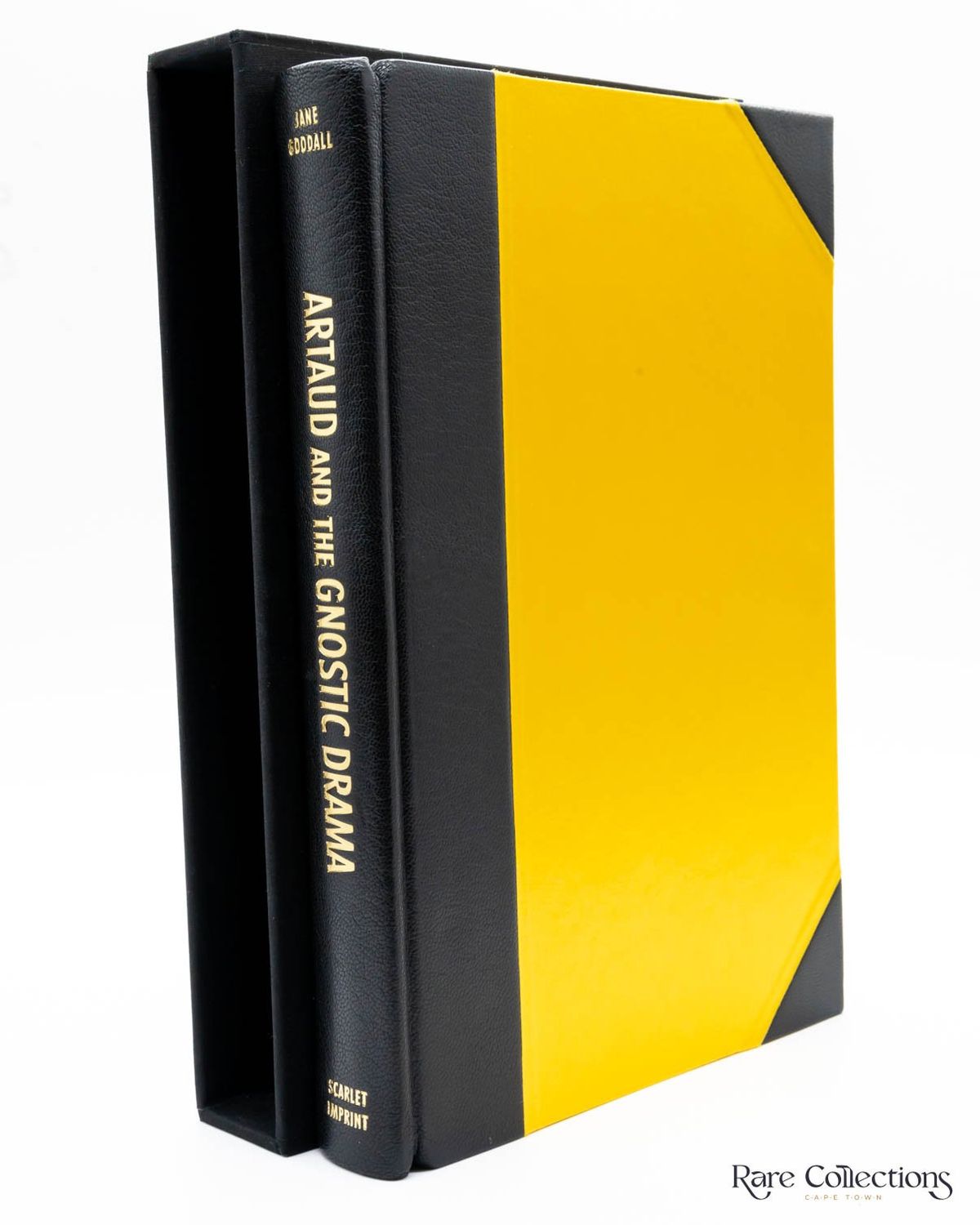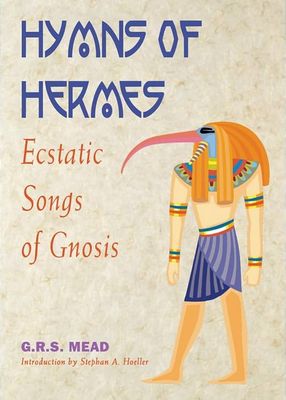Witchcraft supplies and wicca supplies online from one of the USA's BEST pagan stores! WINTER SALE NOW ON! USE COUPON CODE "DARKARTES" FOR 20% OFF SITEWIDE!!!
Artaud and the Gnostic Drama
$50.00
This study offers a reappraisal of the importance of Antonin Artaud (1896-1948) in contemporary critical debate, and examines the intricate parallels between his heretical dramaturgy and the heresies of ancient Gnosticism.
In stock: 2 available
Product Details
UPC: 9781912316250
Brand: Scarlet imprint
Tags: Ceremonial Magick Grimoire,Gnosticism,Thelema,black book,gnosis,gnostic books,occult magick book,occult spells book
This study offers a reappraisal of the importance of Antonin Artaud (1896-1948) in contemporary critical debate, and examines the intricate parallels between his heretical dramaturgy and the heresies of ancient Gnosticism. It argues that the gnostic drama explored throughout Artaud's oeuvre presents an assault on the founding tenets of Western thought that is more thoroughgoing and powerful than that mounted by the post-structuralist critics who have adopted Artaud as an icon of failure and madness
Save this product for later
Artaud and the Gnostic Drama
You May Also Like

The Witch's Book of Mysteries
Devin Hunter, author of groundbreaking works The Witch's Book of Power and The Witch's Book of Spirits, makes a powerful statement on how you can deepen your Witch Power and further develop your relationships with familiars, guides, spirits, and gods.
The Witch's Book of Mysteries
$21.99
Powered by Lightspeed
Display prices in:USD


